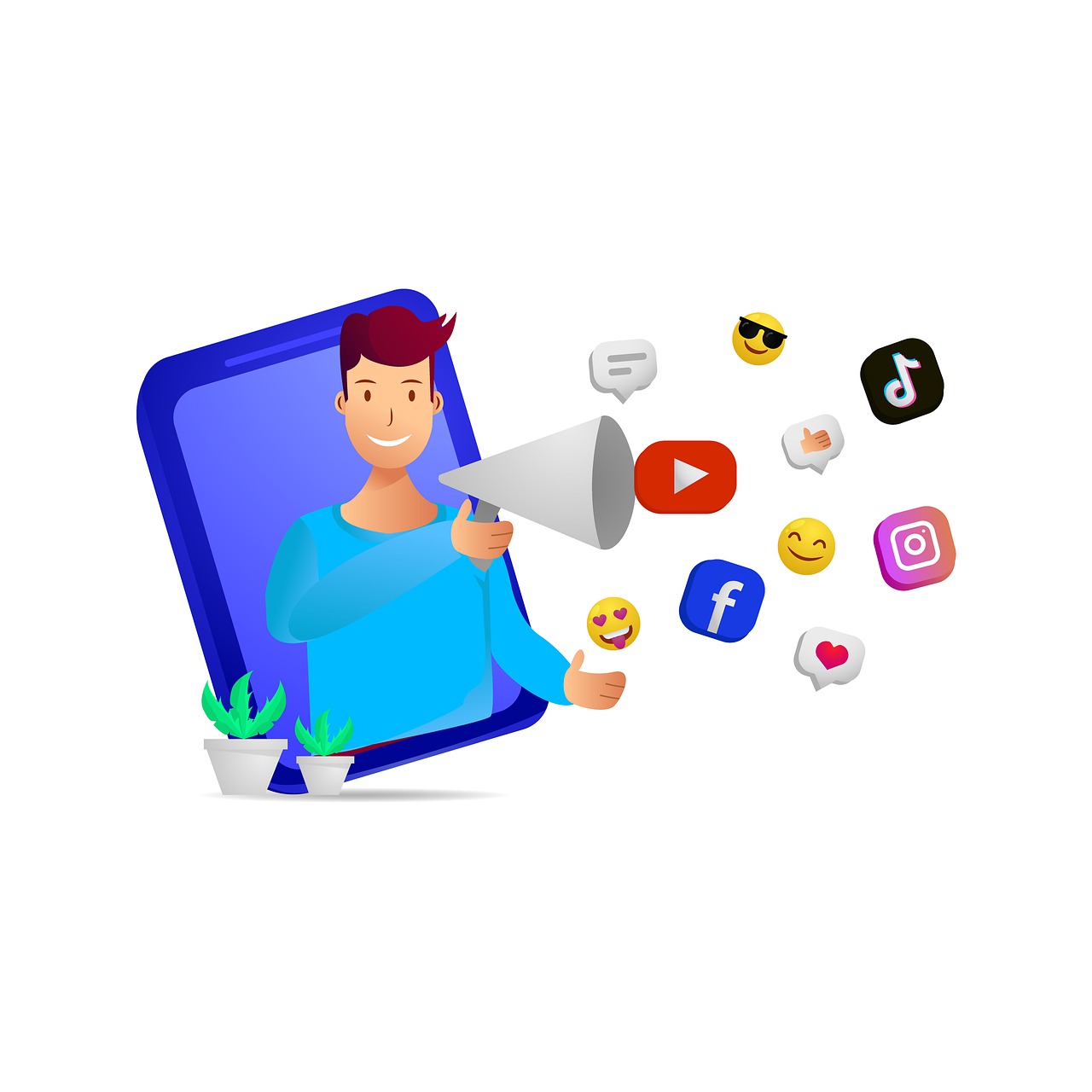
In the ever-evolving landscape of social media, artificial intelligence (AI) influencers are making a splash, raising questions about the future of influencer marketing and the role of traditional, human influencers. As technology advances, AI influencers are becoming increasingly realistic, capable of generating their own content, and interacting with followers in a seemingly personal way. This trend prompts us to explore whether AI influencers could potentially replace real influencers.
Understanding AI Influencers
AI influencers are computer-generated characters or entities designed by AI influencer agencies using advanced algorithms to mimic human-like behavior and interactions on social media platforms. They can range from entirely fictional characters to realistic human avatars, created using sophisticated graphic design and machine learning techniques. These digital personas are often backed by teams of creators, writers, and marketers who curate their personalities, voices, and online interactions.
The Rise of AI Influencers
The appeal of AI influencers lies in their perfection and predictability. Unlike their human counterparts, AI influencers can be meticulously crafted to embody ideal aesthetics, ethics, and personalities, without the risk of human error, controversy, or unpredictability. They are available 24/7, can engage with a global audience across different time zones without fatigue, and their content can be perfectly aligned with brand values and marketing strategies.
The Human Touch
Despite the efficiencies and advantages offered by AI influencers, the human element that real influencers bring to the table remains irreplaceable. Authenticity, genuine experiences, and emotional connections are the cornerstones of successful influencer marketing. Real influencers share their personal stories, vulnerabilities, and real-life experiences, fostering a sense of trust and relatability with their audience. This human touch is difficult for AI to replicate completely, as it lacks the depth of genuine human emotions and experiences.
Coexistence Rather Than Replacement
Instead of a replacement, it's more accurate to view the rise of AI influencers as an expansion of the digital ecosystem. AI influencers can cater to niches and perform tasks that are either impractical or impossible for human influencers, such as representing futuristic brands or concepts, engaging with audiences in virtual worlds, or creating content that requires non-human perspectives.
Moreover, the collaboration between AI and human influencers presents a new frontier. AI can augment the capabilities of human influencers, from analyzing audience data to generate more engaging content, to managing schedules and interactions more efficiently.
Ethical and Practical Considerations
The emergence of AI influencers also brings forth ethical and practical considerations. The authenticity of interactions, transparency about the use of AI, and the implications for privacy and data security are crucial concerns that need to be addressed. Furthermore, as AI influencers become more prevalent, regulations and guidelines will need to evolve to ensure fair practices, especially concerning sponsorship disclosures and the manipulation of digital content.
Conclusion
In conclusion, while AI influencers are set to play a significant role in the future of social media and marketing, they are unlikely to replace real influencers entirely. Instead, the future will likely see a hybrid model where AI and human influencers coexist, complementing each other's strengths. The key to success in this new landscape will be leveraging the unique advantages of both AI and human influencers, while maintaining ethical standards and genuine connections with audiences. The evolution of AI influencers represents not the end of human influence but the beginning of a more diverse, innovative, and integrated approach to influencer marketing.

